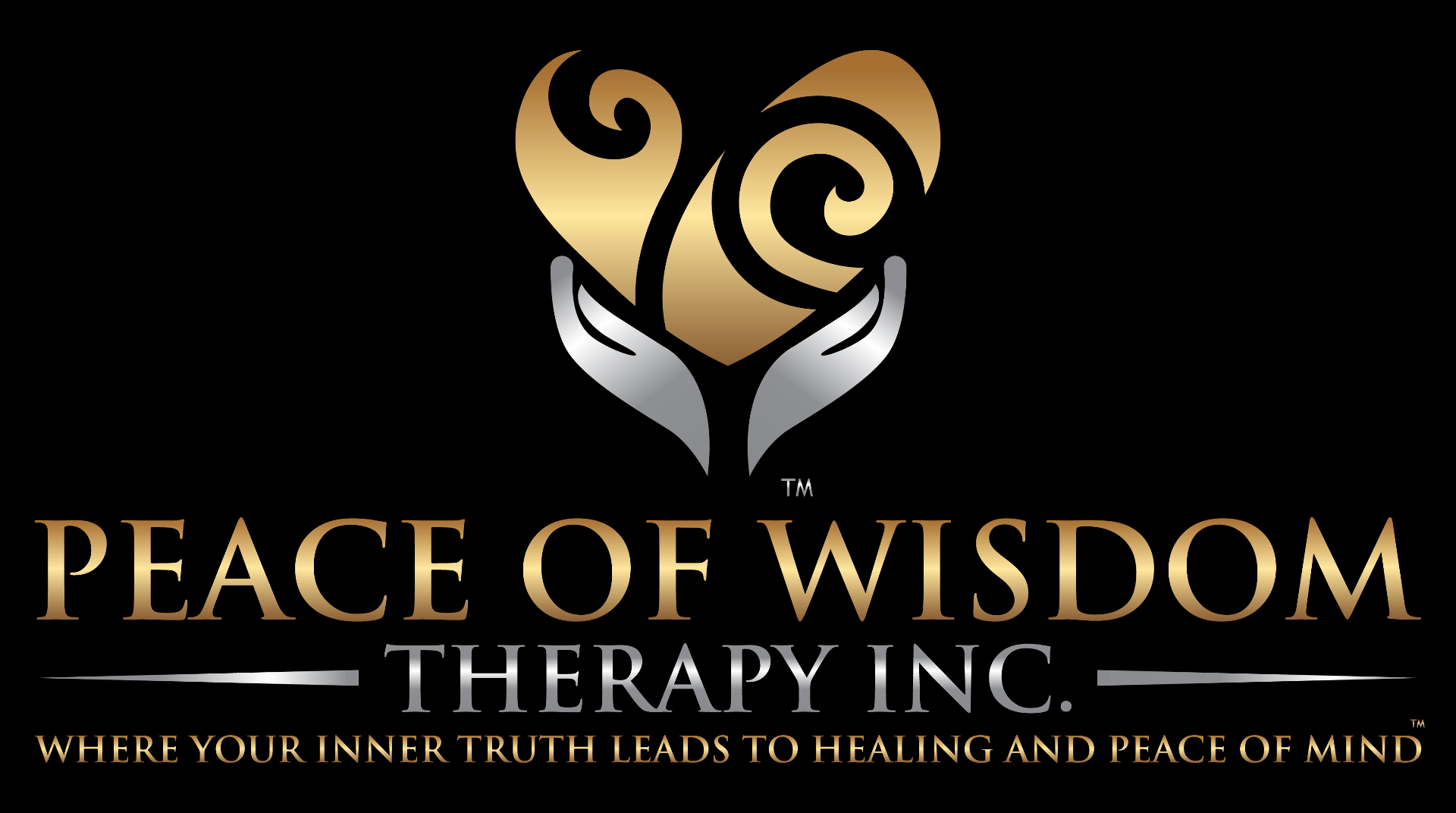Why EMDR is a Helpful Treatment for Sexual Abuse Survivors

In the United States, one in three women and one in six men will experience some form of sexual abuse in their lifetime, according to the National Sexual Violence Resource Center (NSVRC).
When sexual abuse happens, many people don’t know how to cope with the event or express their feelings in a healthy way.
The result is a life of feeling fear and shame as well as experiencing depression and anxiety.
NSVRC reports that:
81% of female victims and
35% of male victims
will develop Post-Traumatic Stress Disorder (PTSD).
What is EMDR and How Can it Help?
Eye Movement Desensitization and Reprocessing (EMDR) is a psychotherapy technique that has been successfully used to treat people who suffer from:
- panic attacks
- anxiety
- PTSD, and
- unwanted thoughts, emotions, behaviors, and more
Before EMDR, these issues would be treated through cognitive behavioral therapy alone. While this treatment can be successful, it often takes many sessions for maximum relief.
EMDR, on the other hand, has been considered a breakthrough modality because it can bring quick and lasting relief from a variety of emotional distress.
When you’ve experienced trauma, such as sexual abuse, the natural coping capacity of your brain can become overwhelmed to the extent that you experience:
- severe symptoms of anxiety
- depression
- recurring nightmares
- intrusive thoughts
- being overly alert to your environment, or
- avoiding people, places and things
Through EMDR therapy, your brain has the chance to reprocess information that has been stored in a negative way until it is no longer psychologically disturbing to you or disruptive to your life.
What is a Typical EMDR Therapy Session Like?
With EMDR, your Therapist will use an integrative approach that also focuses on some unique techniques.
In particular, you will perform a series of horizontal or diagonal eye movements while, at the same time, focusing on various aspects of a traumatic memory.
These left – right eye movements form what is refered to in EMDR Therapy as a “bilateral stimulation.“
Your therapist may use other bilateral stimulations including alternating sound and tactile simulation where you tap the sides of your ears in an alternating motion. There is also what is called the butterfly hug where your arms are crossed as you tap on or near your shoulders in an alternating motion.
Sometimes, EMDR Therapists use a handheld device that vibrates or taps to the back of the your hands if you are having session in person.
It is believed that EMDR turns on the natural healing process of the mind that induces a fundamental change in the circuitry of your brain, similar to what happens during REM sleep.
This helps you put together and understand memories within a larger context of your own life experiences.
But EMDR is more than a set of techniques.
It is a way for you to understand your own human potential. Beyond the reprocessing of traumatic events, EMDR also allows you to have a glimpse into any limiting false core beliefs you may be holding onto, such as
- “I’m not good enough.”
- “I am bad.”
- “I don’t matter.”
- “I did something wrong.”
- “I am not safe.”
- “I can’t trust anyone.”
- “I’m powerless.”
- “I’m trapped.”
- “I’m out of control.”
- “I cannot trust myself.”
- “I don’t belong.”
- “I’m invisible.”
- “I’m different, and that’s not okay.”
- “I’m alone.”
In this way EMDR therapy not only helps you move through big, traumatic events in your past but also hurtful situations in the present that color your perception of yourself and your world in a way that keeps you from living life to your full potential.
Ultimately, mental health treatment with EMDR Therapy can lead to significant positive change in your life.
If you or someone you know has been the victim of sexual abuse and is interested in exploring EMDR treatment, I am here to discuss how this technique can help you.
Sources:
https://www.psychologytoday.com/us/blog/somatic-psychology/201303/trauma-childhood-sexual-abuse
https://www.goodtherapy.org/blog/complex-trauma-emdr-can-help-but-its-no-quick-fix-0425165
https://www.emdrhap.org/content/what-is-emdr/


